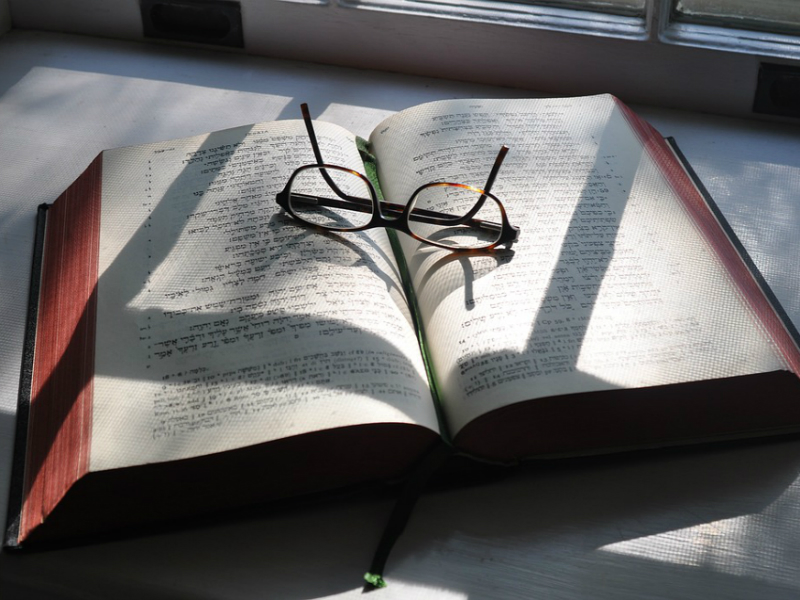If I could have peered two weeks into the future back on March 10, I probably would not have believed it. On Purim, the vast majority of synagogues across Canada were holding megillah readings and parties for the festive holiday. COVID-19 was definitely in the headlines, but with fewer than 100 cases in Canada, it was hiding just below the surface.
Within a few days, nearly all synagogues and Jewish day schools across the country were closed, joined by other schools and places of worship coast to coast, in an attempt to slow the rapid growth of COVID-19.
Virtually all synagogues, but not quite all.
As of this writing, there are still a small number of groups which continue to hold minyanim (prayer quorums of 10 men) – contrary to the overwhelming evidence of wide transmission of the virus, and public health pleas to severely limit social gatherings.
Clearly, ceasing communal prayers is not something to be taken lightly. Prayers are a lifeblood of our faith – indeed, according to our sages, the daily Amidah prayer replaces the Holy Temple in Jerusalem until it is rebuilt – and yet, pikuach nefesh, the saving of a human life, takes precedence over nearly all other circumstances, including praying in a minyan.
And while the overwhelming majority of Orthodox rabbis in Canada have shuttered their synagogues, a tiny minority of minyanim are continuing to flout public health regulations, putting at risk both those who come to pray, and anyone who may come into contact with them.
Despite an apparent attempt at discretion on the part of these small number of minyanim, it seems that their continued activity has nonetheless sparked considerable attention online.
As an Orthodox Jew active in the Jewish community, I have been approached countless times over the last 10 days, and have been asked to explain this incongruent response. How can Jews who believe that our role in the world is to bring God’s morals and ethics to the world simultaneously be so irresponsible and cavalier when it comes to halting the spread of a rapidly growing and deadly virus?
While I don’t have the answer, I remember a story I was told during my own journey to religious observance more than a decade ago that helps give clarity.
One of the obstacles to my own religious observance was seeing some ostensibly religious Jews engaging in behaviour that I saw as unbecoming of God-fearing people.
A rabbi I was learning with challenged me: “Once,” he said, “I saw a religious Jew eating pork on Yom Kippur.” I replied incredulously that this person couldn’t possibly have been a religious Jew. “Exactly!” he responded.
His point was made; eating pork on Yom Kippur is as “religious” as cheating on taxes. Using this example, this rabbi forced me to reconsider how I define “religious.” Clearly, being a “religious” Jew meant following Jewish law as much as possible, and not selectively choosing what was comfortable, and what wasn’t. Being a “religious” Jew meant going out of one’s comfort zone and doing what may look weird and feel weird, but ultimately is in line with one’s values and search for truth. In short, we can never guess what is driving someone’s actions, and we can only evaluate our own.
There is more at stake here, of course, than any individual’s personal religious observance. Safety from infectious disease in our neighbourhoods and beyond are critical, and is absolutely a matter of life and death. As such, authorities across the Canadian Orthodox community have spoken out vociferously against attending minyanim and organized study groups in person until it is safe to do so. And while tragically there is a tiny fringe of Jews who flout both rabbinic leadership and public health regulations, it is absolutely worth remembering with pride that the overwhelmingly vast majority of synagogues and Jewish organizations across Canada are now operating virtually.
And this is where perspective is critical. While the world is disgusted with thousands of teenagers partying on Florida beaches in contravention of public health guidelines, the Jewish community is appalled by a few dozen fringe individuals. And we should be; because if the Jewish people has a holy mission to perfect the world, then we must start at home, and hold ourselves to the highest standard that we can.









